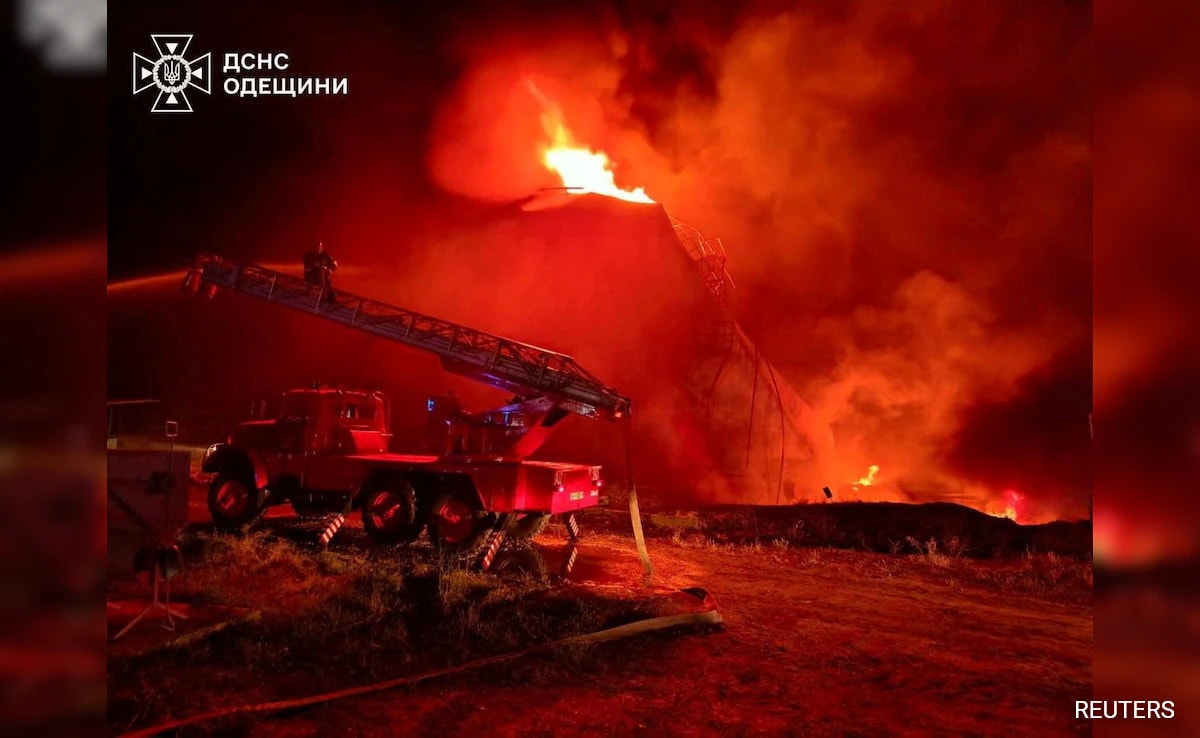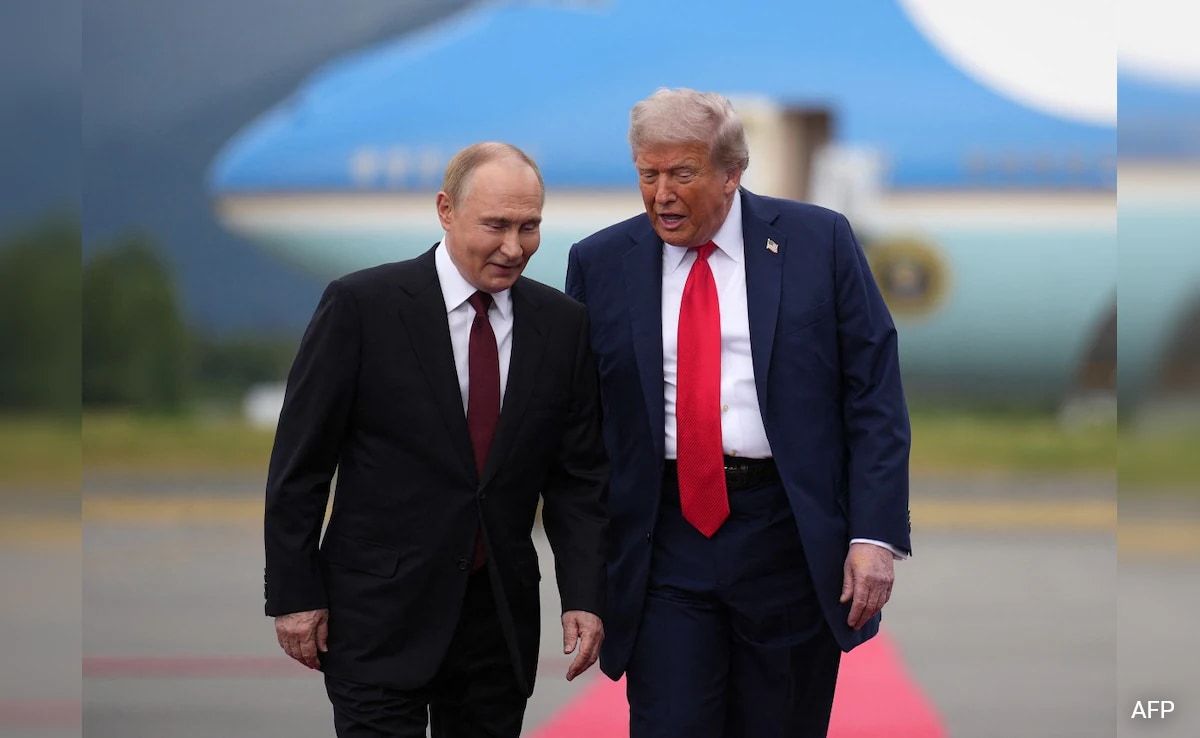State-backed newspaper Securities Times reported on Friday that Evergrande had wired a $83.5 million payment to bondholders, a day before a 30-day grace period would have expired, pulling it back from the brink of one of the largest defaults in history.
The news was received with cautious optimism by the market, with Evergrandeâs longer-term prospects unclear. The company is still staggering under $300 billion in debt, about 2 percent of Chinaâs gross domestic product. Evergrandeâs stock was up 5 percent midday in Hong Kong.
âWhile it is obviously a positive step, people want to see a viable plan for the next payment,â said Scott Mollen, a partner at Herrick Feinstein, a New York-based law firm that represents some Chinese real estate companies. âThe fundamental issues remain and need to be addressed.â
Beijing has been seeking to reassure the public this week, with senior officials stepping out to say the risk of contagion was controllable. Chinaâs Vice Premier Liu He and central bank governor Yi Gang were among those who addressed Evergrande, a rare case of so many Chinese leaders publicly discussing the plight of a single company.
âI think overall the Evergrande risk is an isolated case,â Yi said on Wednesday at the 2021 G30 International Banking Seminar. âFirst weâre going to try to prevent contagion to other real estate companies. Second, weâll prevent contagion to other parts of the financial sector.â
Founded in 1996, Evergrande rode its way to the top of Chinaâs housing boom while building up a mountain of debt. Its founder, Xu Jiayin, briefly became Chinaâs wealthiest business person in 2017, and Evergrande, the worldâs most valuable real estate company in 2018.
The Securities Times report on Friday didnât say how Evergrande financed the interest payment or if there was government intervention. Analysts had previously downplayed the idea that Beijing would step in with a bailout, saying Evergrandeâs collapse would serve as a warning to other companies that have spent too loosely.
Evergrande had missed an interest payment on a bond on Sept. 23. It had 30 days to make the payment before formally entering default.
A default had looked all but assured after Evergrandeâs attempts to sell assets to raise cash fell through on Wednesday. Evergrande told the Hong Kong Stock Exchange that it would not be able to sell a majority stake of its property services unit to another Chinese developer, Hopson, because the two had failed to agree to terms.
âIn view of the difficulties, challenges and uncertainties in improving its liquidity, there is no guarantee that the Group will be able to meet its financial obligations,â Evergrande had said in a filing on Wednesday.
Contagion has begun in Chinaâs property sector as cash-strapped developers find themselves unable to secure new loans. Several smaller developers have defaulted this month, including Fantasia Holdings and Sinic Holdings, which defaulted on $250 million in bonds due for repayment on Monday.
Fitch Ratings said in a research note on Thursday that there could be âsubstantial consolidation in the sectorâ and impact on housing sales, long a driver of Chinaâs economy.
âRising uncertainty among prospective home buyers will hurt sales in the near-term,â Fitch said.
Investors had feared a worst-case scenario in which Evergrandeâs collapse could snowball across the global financial sector like Lehman Brothersâ did in 2008. Economists say this looks unlikely, partly because of Beijingâs signals that it will prevent wider fallout.
Mollen said that Evergrandeâs plight has caused increased due diligence for loans and deals with other Chinese real estate companies, even as they argue that they arenât at risk.
âOur significant Chinese clients say, âWe are not Evergrande, we have liquidity, we have not violated deleveraging rules,ââ he said.
.png)











 English (United States) ·
English (United States) ·  Turkish (Turkey) ·
Turkish (Turkey) ·